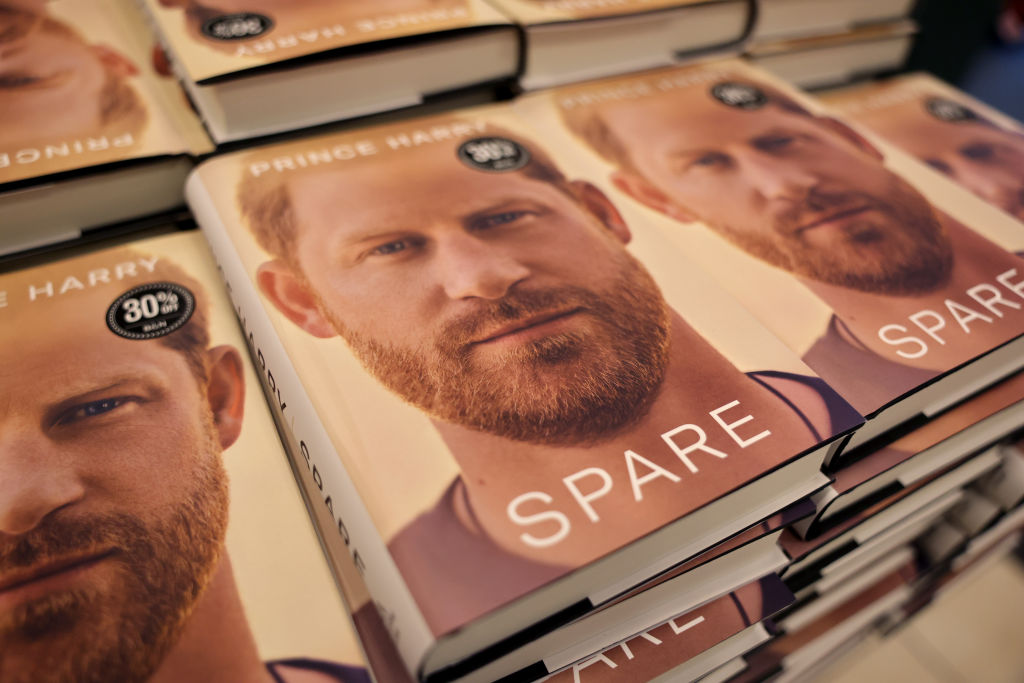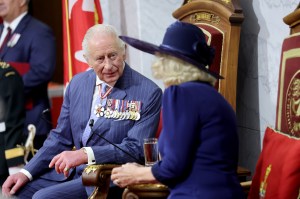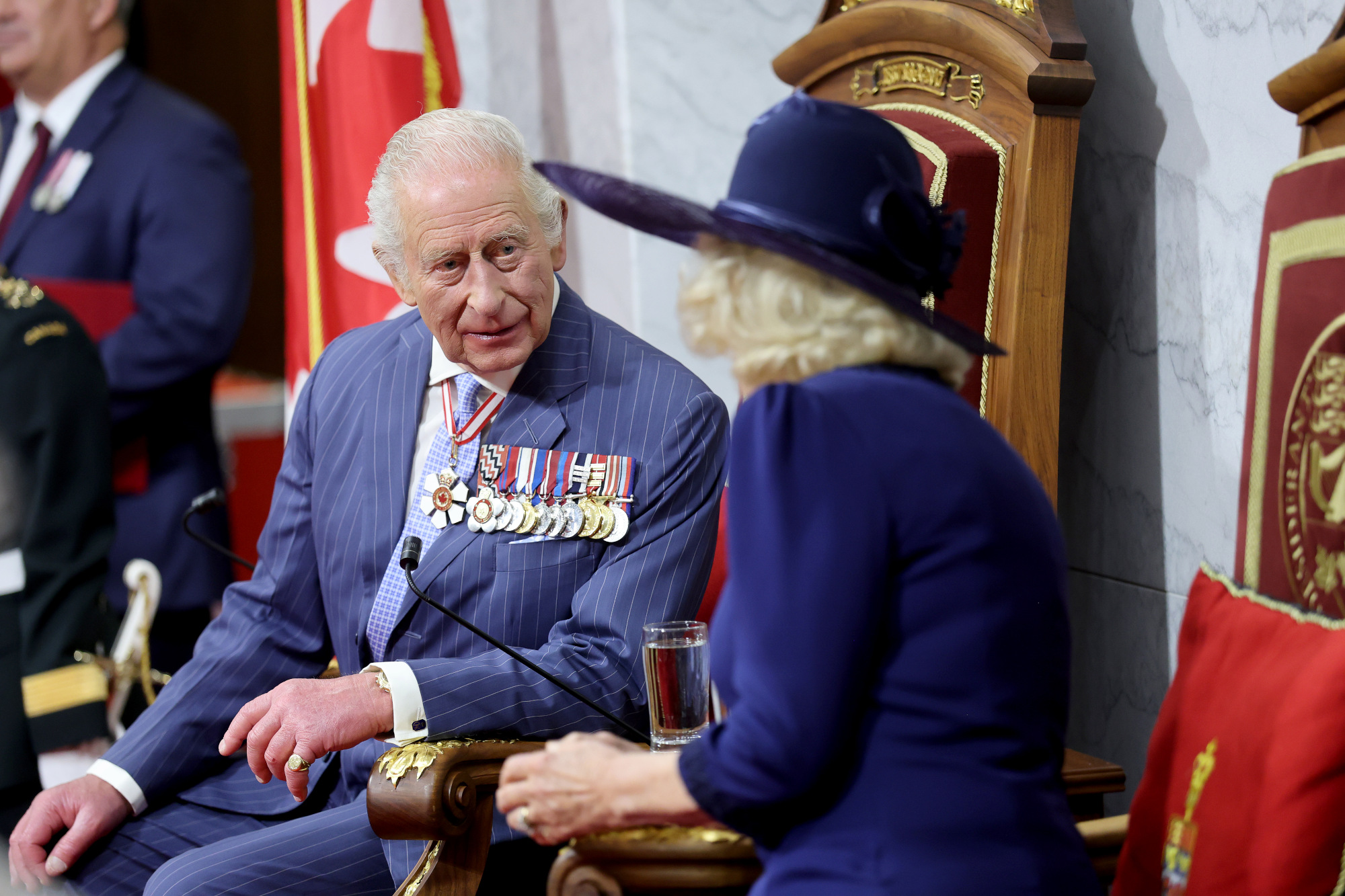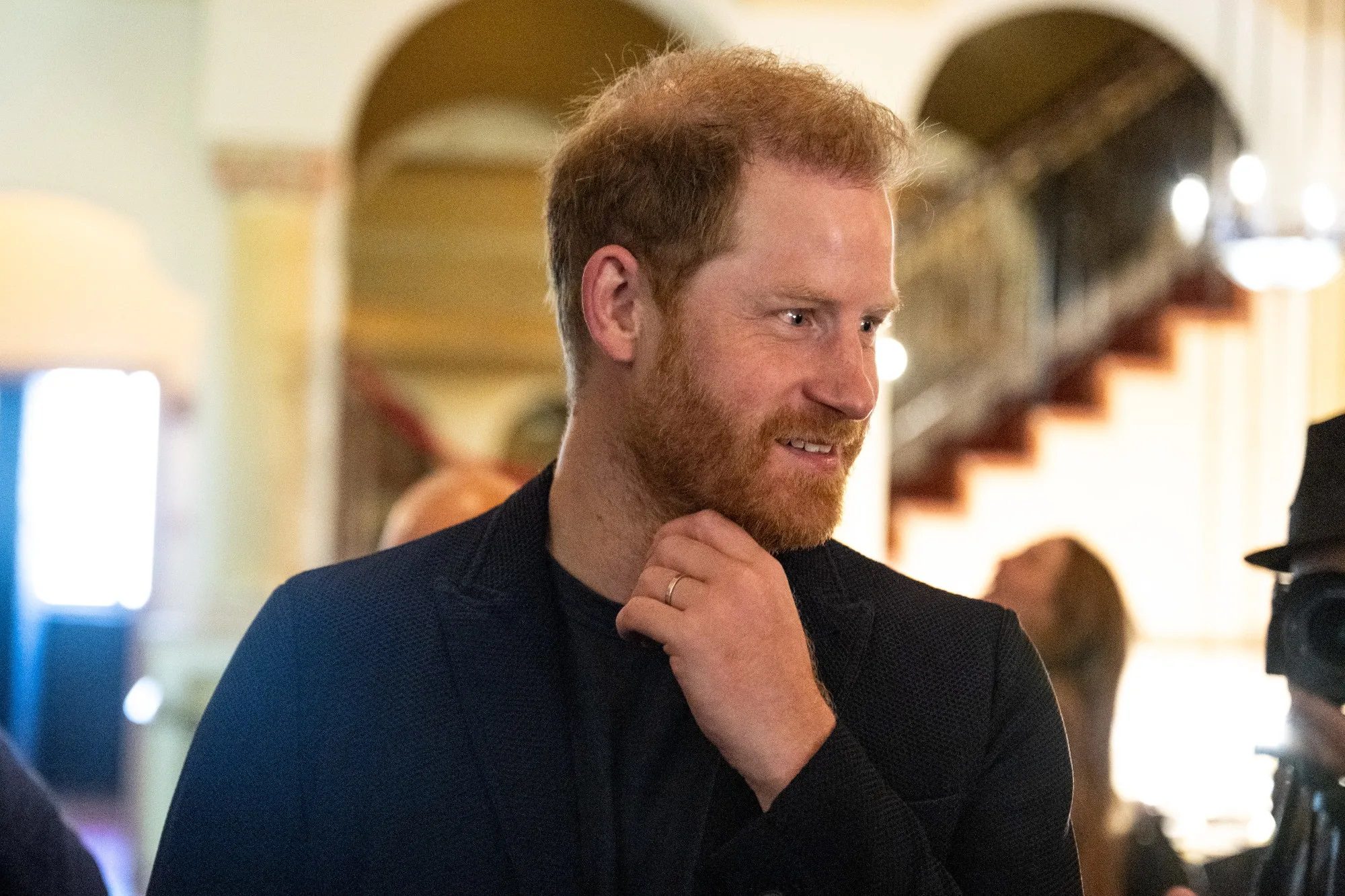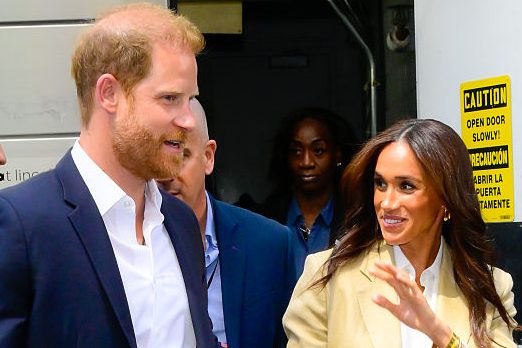Prince Harry kept a dignified silence at his father’s coronation — even if he opted to make a hasty exit back to Los Angeles when the service at Westminster Abbey finished. But the Duke of Sussex’s ghostwriter J.R. Moehringer has chosen this week to talk about the ins and outs of writing Spare.
Moehringer reveals that he argued with the ex-royal numerous times during the book-writing process. He also tells, in a piece for the New Yorker, how he called Harry “dude” from the outset. But if that informality suggests Moehringer has little in common with the high-born prince, think again. Although Moehringer and Harry’s backgrounds couldn’t be any more different, the pair do share something in common: a mutual contempt for the British press.
Moehringer describes the UK media’s “native tongue” as a “jabberwocky of bonkers hot takes and classist snark.” He also attacked those who criticized claims in the book: “I can’t think of anything that rankles quite like being called sloppy by people who routinely trample facts in pursuit of their royal prey,” he wrote.
One such claim that Moehringer got particularly animated about was a passage in the book where Harry reveals his love for the sales held by the discount clothes shop TK Maxx (known as TJ Maxx in the US). TK Maxx subsequently released a statement suggesting “we don’t actually do sales” — appearing to contradict Harry’s claim. But Moehringer sniffed a rat: “Surely TK Maxx’s effort to discredit Harry’s memoir was unrelated to the company’s long-standing partnership with Prince Charles and his charitable trust,” he wrote.
Moehringer had a final word for Harry’s critics. Reflecting on what motivated them, the American author suggested it was money:
“The biggest factor, I came to believe, was money. In times of great economic distress, many people are triggered by someone who has so much doing anything to try to improve his lot.”
Cockburn thinks that releasing a tell-all autobiography which succeeds in further alienating his father and brother is an interesting way for Harry to “improve his lot”…
This article was originally published on The Spectator’s UK website.



